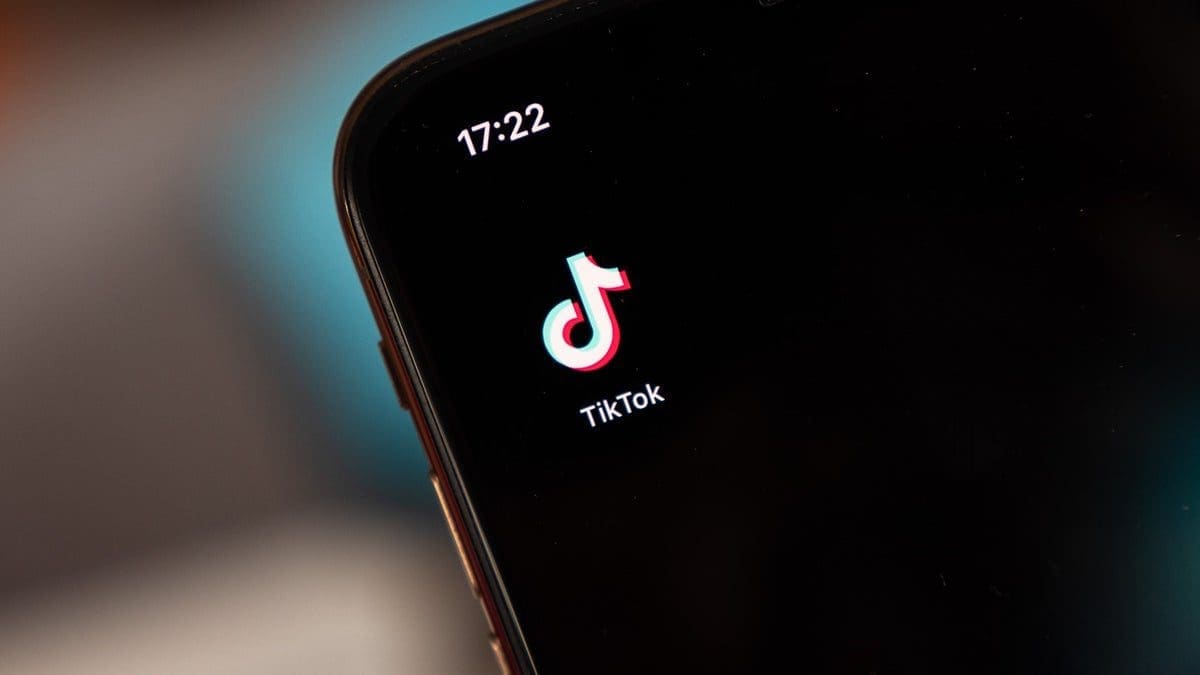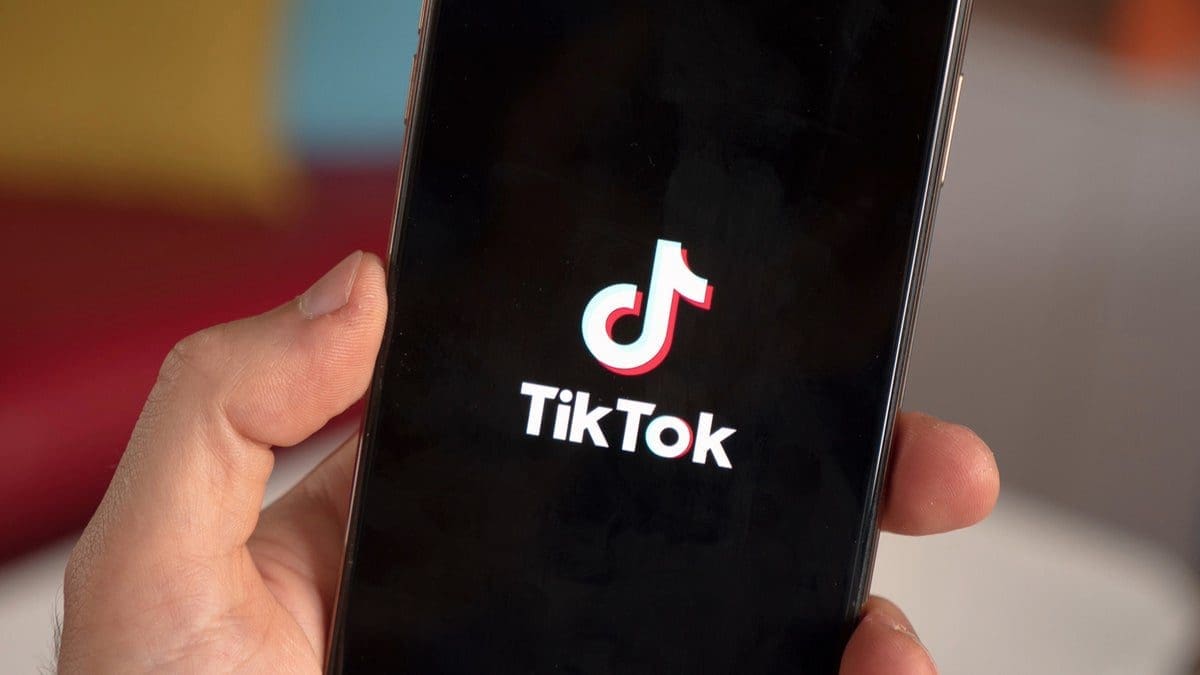TikTok, the beloved short-form video sharing app, has been under the microscope of American lawmakers due to its connection to China. In a notable development, TikTok has been quietly working on a top-secret project to duplicate its recommendation algorithm specifically for its U.S. users. This unique algorithm would function independently of its Chinese parent company, ByteDance, potentially addressing the concerns raised by American lawmakers.
The project, initiated by ByteDance last year, involves a team of engineers in both the U.S. and China working tirelessly to separate millions of lines of code. The ultimate goal is to establish a distinct code base for the U.S. version of TikTok that is entirely separate from the systems used by Douyin, TikTok’s Chinese counterpart. Unraveling this complex web of code involves removing any ties to Chinese users, which is no small feat given the intricacies involved.
The initiative to divide the source code began before the bill was signed into law in April, which mandated the sale of TikTok’s U.S. operations. While there are currently no plans for such a sale, completing the code separation could pave the way for it in the future. Sources familiar with the project reveal that this effort underscores TikTok’s commitment to navigating political risks in the U.S.
This information comes from a Reuters report that sheds light on the technical challenges of disentangling TikTok’s U.S. operations from its Chinese parent company. The project is estimated to take more than a year to finish and underscores the complexities involved in untangling the underlying code connecting both entities. Despite public denials from TikTok regarding these claims, their actions speak volumes.
Separating the recommendation engine means that TikTok U.S. will be responsible for managing its own algorithm independently from ByteDance’s engineers in Beijing. This shift could impact app performance and user engagement since TikTok has relied heavily on ByteDance for updates and maintenance.
Despite legal hurdles and technical obstacles, TikTok’s engineers are diligently working on separating the U.S. recommendation engine. If successful, this move could satisfy U.S. regulators and lawmakers concerned about data security and potential external influences. However, as TikTok maneuvers through a complex political landscape while striving to retain its popularity in America, only time will tell how this separation will shape its future trajectory.










